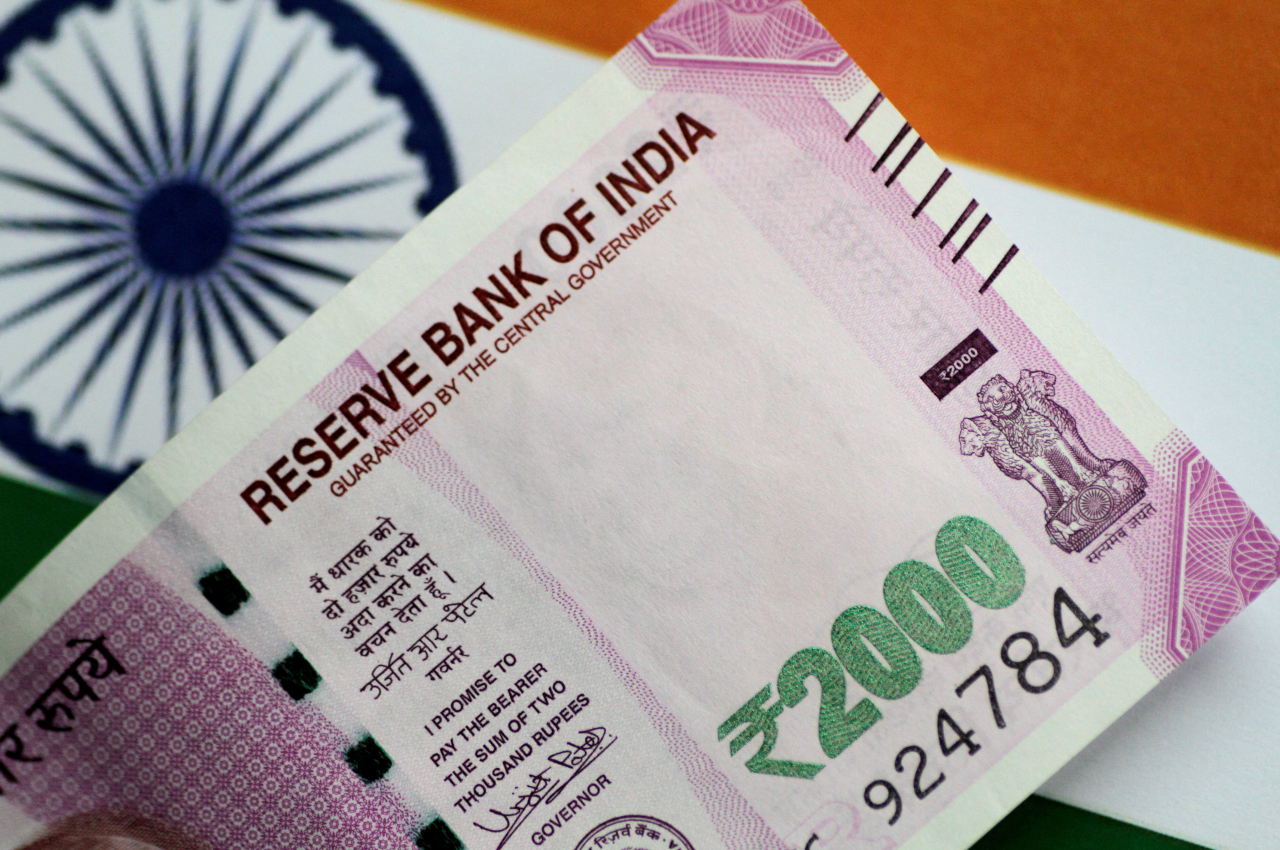New Delhi: In a nod to the government’s ambition to settle foreign trade in the national currency, Indian tea exporters are receiving interest from the United Arab Emirates, sanctions-hit Russia, and Iran to pay in rupees.
According to P.K. Bhattacharya, secretary general of the Tea Association of India, a trade association that primarily promotes tea producers in northern regions, buyers from those nations are eager to pay rupees for Indian cargoes. According to him, this comes after the central bank’s efforts to internationalise the currency.
“With Russia, it might see the light of the day sooner, but for other countries it might take more time,” Bhattacharya said.
The Reserve Bank of India unveiled a plan in July to allow payments for international trade to be made in rupees. The decision will make it simpler for Indian businesses to conduct business with nations like Russia and Iran that have trouble issuing US dollar invoices. It also seeks to stop the rupee from falling to an all-time low versus the dollar and contribute to closing a trade deficit that has reached historic levels.
Although it’s a positive development, the rupee’s status is unlikely to be significantly improved by its increased use in the tea trade. That’s because the use of the rupee will primarily be limited to nations with few options.
“Tea is a niche industry, so it helps really at the margin but does not move the needle much as far as the trade balance is concerned,” said Madhavi Arora, lead economist at Emkay Global Financial Services Ltd.
Financial sanctions against Russia following its invasion of Ukraine may encourage dedollarization by other nations anxious to avoid similar actions against them, according to a study by staff at the Federal Reserve Bank of New York, but the dollar will continue to hold its unrivalled position as the world’s reserve currency.
The use of the rupee in commerce has other advantages. India’s trade with nations like Iran and Russia will increase thanks to such a deal.
According to Sujit Patra, secretary of the Indian Tea Association, which represents 60% of the country’s production, India’s tea exports might increase by as much as 18% this year to nearly 230 million kilos from 195.5 million kilogrammes in 2021.
Iraq, Syria, Turkey, and Poland, who have traditionally purchased tea from Sri Lanka, are also looking to India, according to Patra. The tea sector in Sri Lanka has been devastated by the economic crisis, which has reduced production and exports.
According to director Anish Bhansali, the Indian tea exporter Bhansali and Company has received questions concerning rupee payments from the UAE, Iran, and Russia.
As funds under a separate rupee-rial agreement have run out, the new rupee method will aid in facilitating commerce with Iran, according to Azam Monem, director of Mcleod Russel India Ltd., one of the nation’s largest tea growers. Bangladesh and the United Arab Emirates are suitable countries for the new initiative, he added.













